Archives
Author: Brian Fagan
Live Events and Podcast episodes
Below you will find links and pics for UCLA Story Break Live (our live events) and UCLA Story Break (our podcast), as well as links to our sponsored podcast episodes with industry partners.
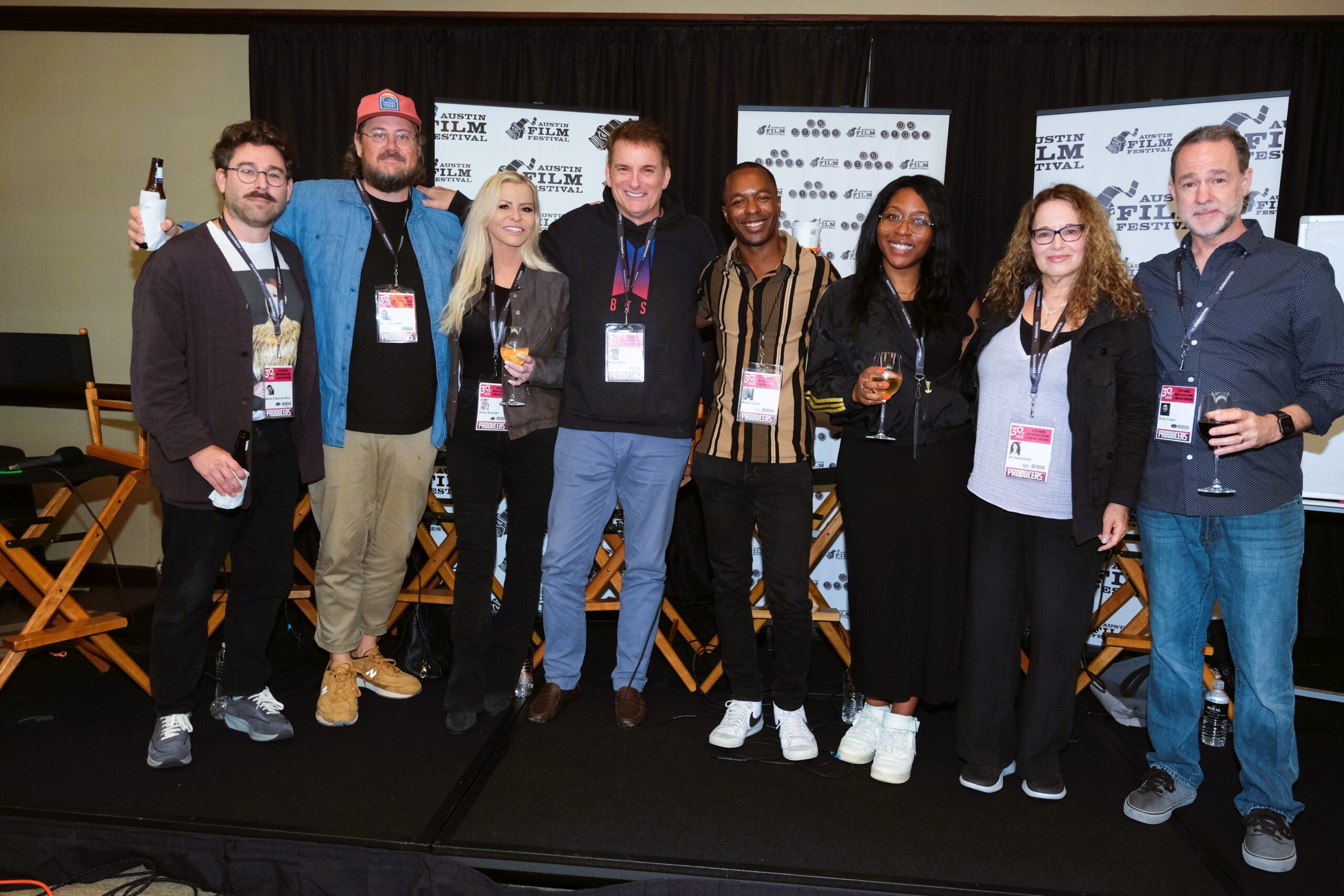
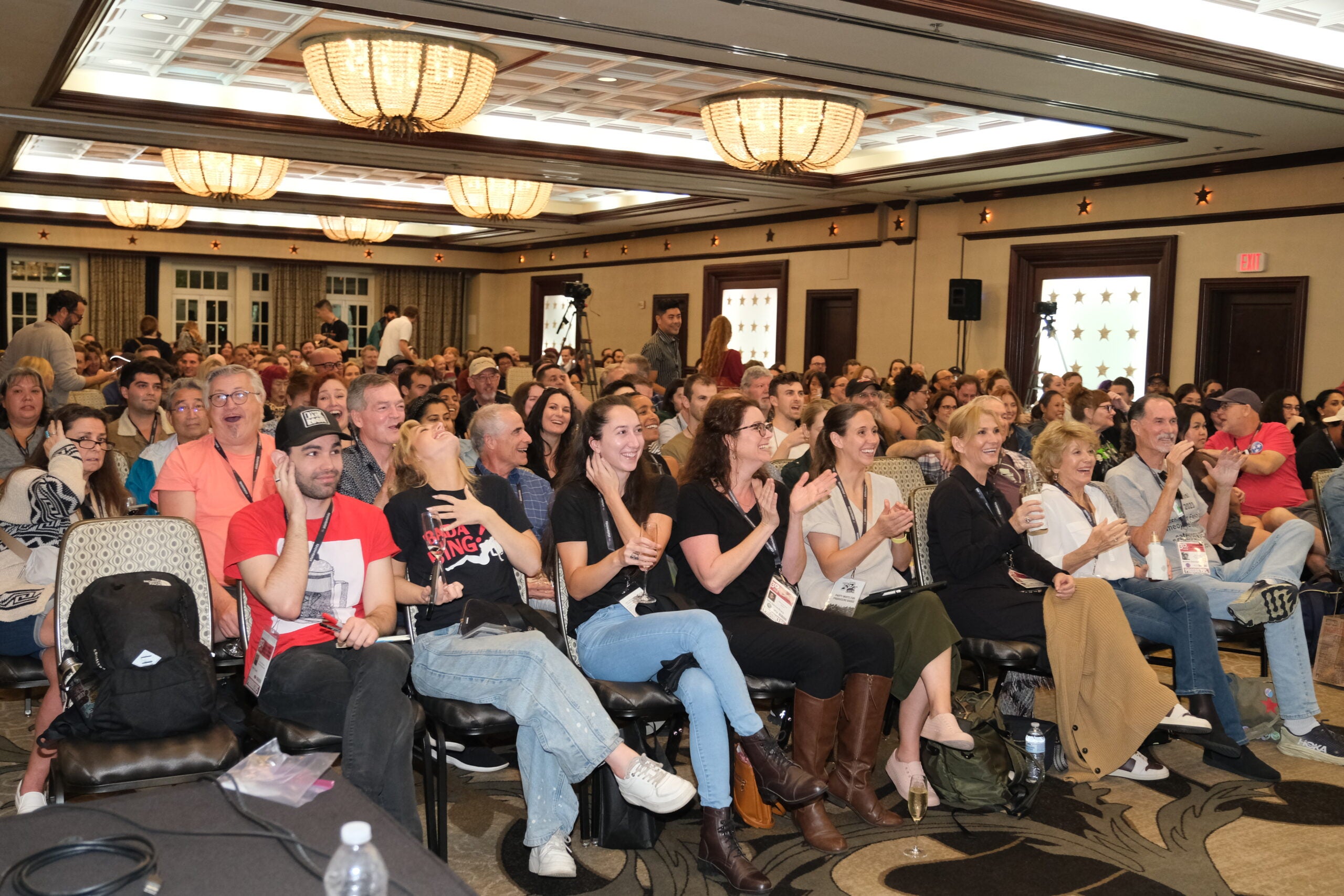
UCLA STORY BREAK LIVE
Created by Professional Programs Director Brian Fagan, and hosted by Professional Programs Writing for Television Lecturer Jill Goldsmith, UCLA Story Break Live is a live panel held at various film and television events, most notably at the Austin Film Festival each year.
During the event, the audience witnesses the controlled chaos of a professional writers room as prominent industry guests break a pilot or feature film in real time, with no prior knowledge of the story, and have it whipped into a pitchable state before the evening ends.Traditionally, a random participant from the audience gets the chance to join in and break the story with our guests.
Story Break Live professional guest panelists have included:
Amy Aniobi (Insecure, Survival of the Thickest, Rap Sh*t, 2 Dope Queens)
Katrin Benedikt (the Fallen franchise, Expendables 3)
Shane Black (Lethal Weapon franchise, Kiss Kiss Bang Bang, The Predator, Iron Man 3, Nice Guys, The Long Kiss Goodnight, Last Action Hero, The Last Boy Scout)
Steven Canals (Pose)
Micah Cyrus (The Dead Girls Detective Agency, All American)
Brian Fagan (Story Break Live creator, Professional Programs Director, Law & Order SVU)
Micah Fitzerman-Blue (Transparent, Painklller, Maleficent Mistress of Evil, Bambi, A Beautiful Day in the Neighborhood)
Jill Goldsmith (The Practice, NYPD Blue, Law and Order, Boston Legal, Ally McBeal)
Noah Harpster (Transparent, Painklller, Maleficent Mistress of Evil, Bambi, A Beautiful Day in the Neighborhood)
Dan Hernandez (Teenage Mutant Ninja Turtles: Mutant Mayhem, LEGO Star Wars: Rebuild the Galaxy, Pokémon: Detective Pikachu, 1600 Penn)
Charles Kim (Heroes, Ben 10, Dexter’s Laboratory)
Neil Landau (Don’t Tell Mom the Babysitter’s Dead, Tad the Lost Explorer franchise, Melrose Place)
Cindy McCreery (Haven, I’ll Be There, Free Willy: Escape from Pirate’s Cove)
Ronald D. Moore (Outlander, Battlestar Galactica, For All Mankind, Electric Dreams, Caprica, Carnival, Roswell, Star Trek: The Next Generation and Deep Space Nine)
Susan O’Connor (video game writer Bioshock, Far Cry 2, Tomb Raider, Gears of War)
Benji Samit (Teenage Mutant Ninja Turtles: Mutant Mayhem, LEGO Star Wars: Rebuild the Galaxy, Pokémon: Detective Pikachu, 1600 Penn)
Gursimran Sandhu (Game of Thrones, Fallout, We Were Liars, Invasion)
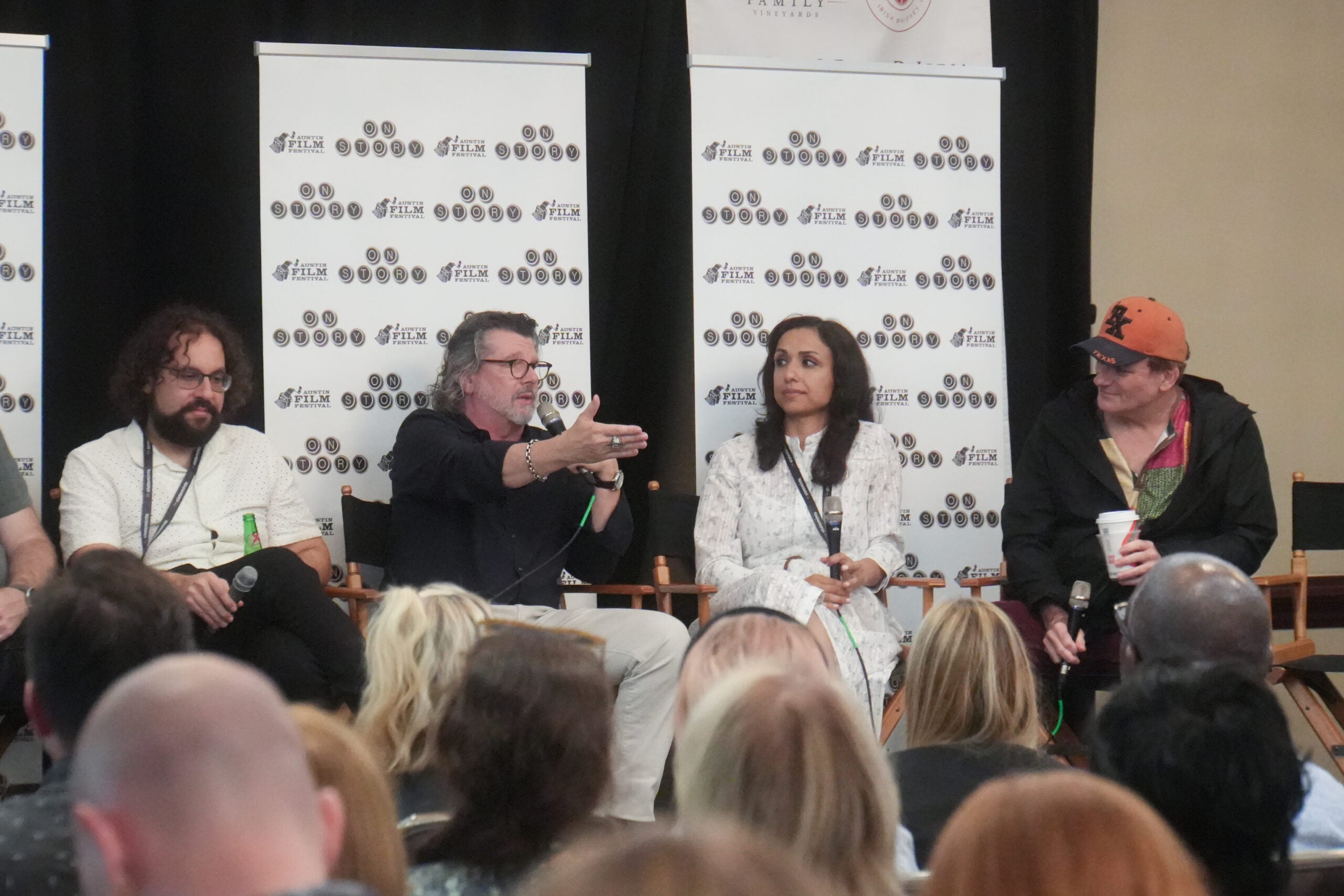
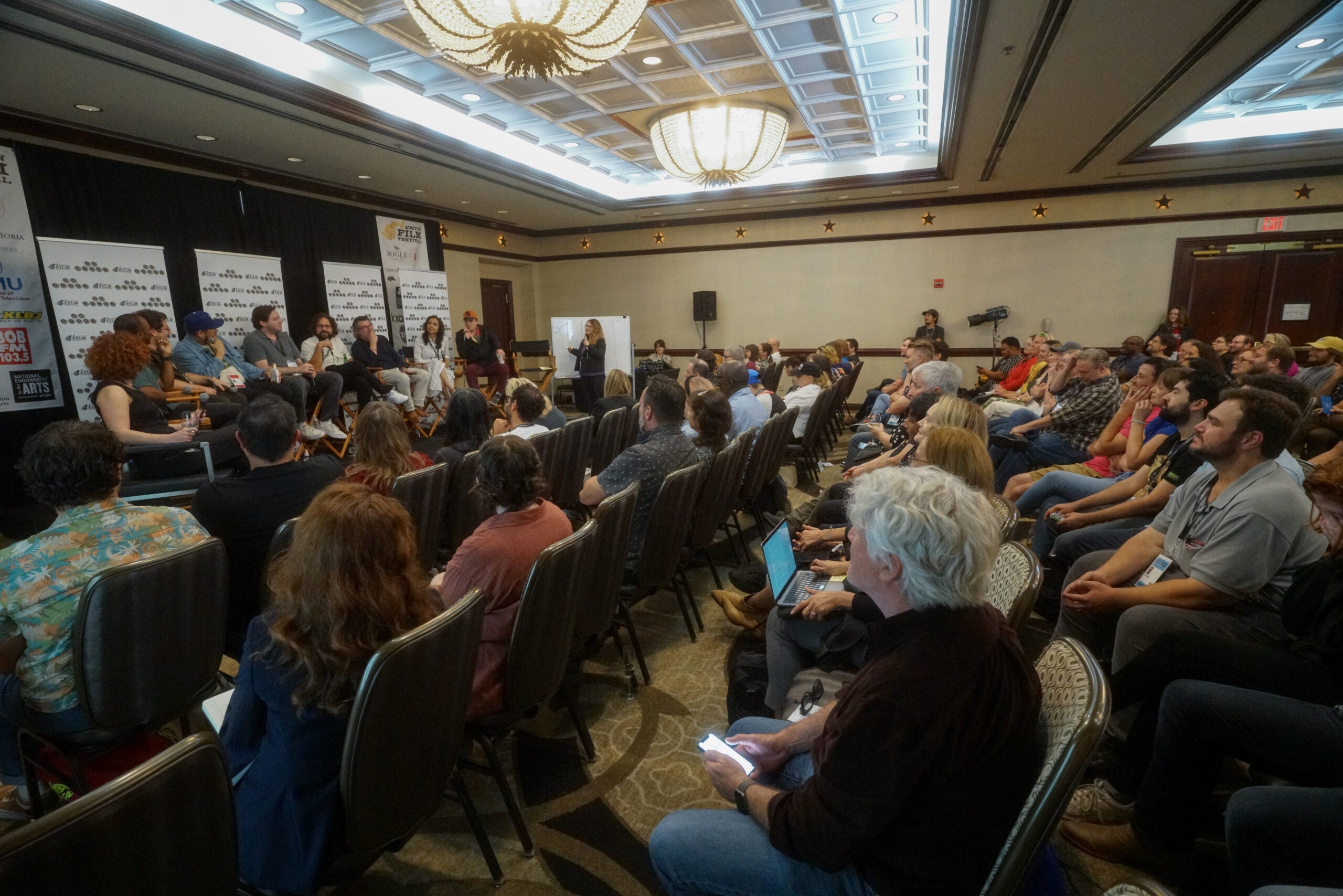
UCLA STORY BREAK PODCAST
Created by Professional Programs instructors Simon Herbert and Chris Kyle, this podcast interviews special industry guests to talk about their direct experiences creating feature films and television series to bring their stories, wisdom and advice from the renowned halls of Melnitz to listeners around the world.
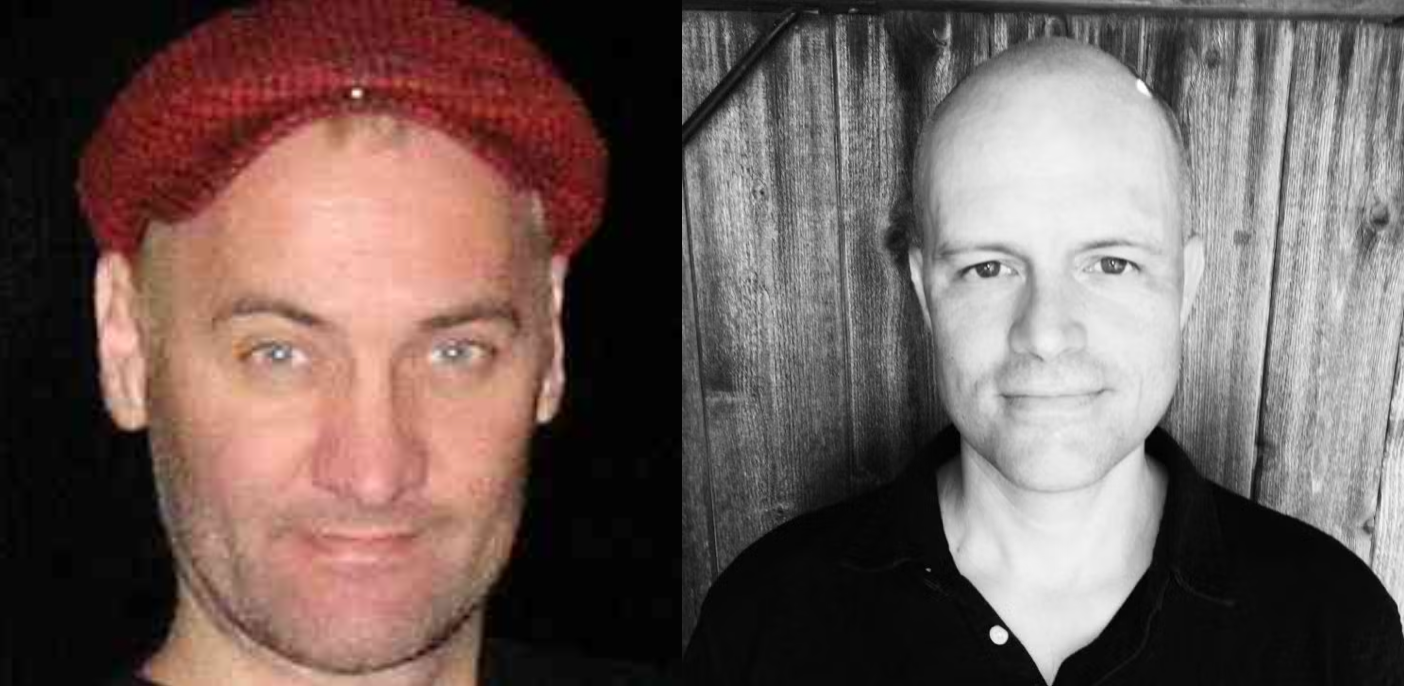
Kranti Kanadé
Join Simon Herbert for an epic one-hour double issue podcast with National Award Winning Director and Professional Programs alum Kranti Kanadé. In addition to winning five National Film Awards he was India’s official entry to the Student Academy Awards. Since then, he has gone on to produce, write and direct movies that upend the Bollywood archetype. We learn what it was like to work with Harvey Keitel on Kranti’s first feature Gandhi of the Month, plus an in-depth look at his movies CRD and Peepal Tree; via insights into global distribution, eco-activism, and indie filmmaking.
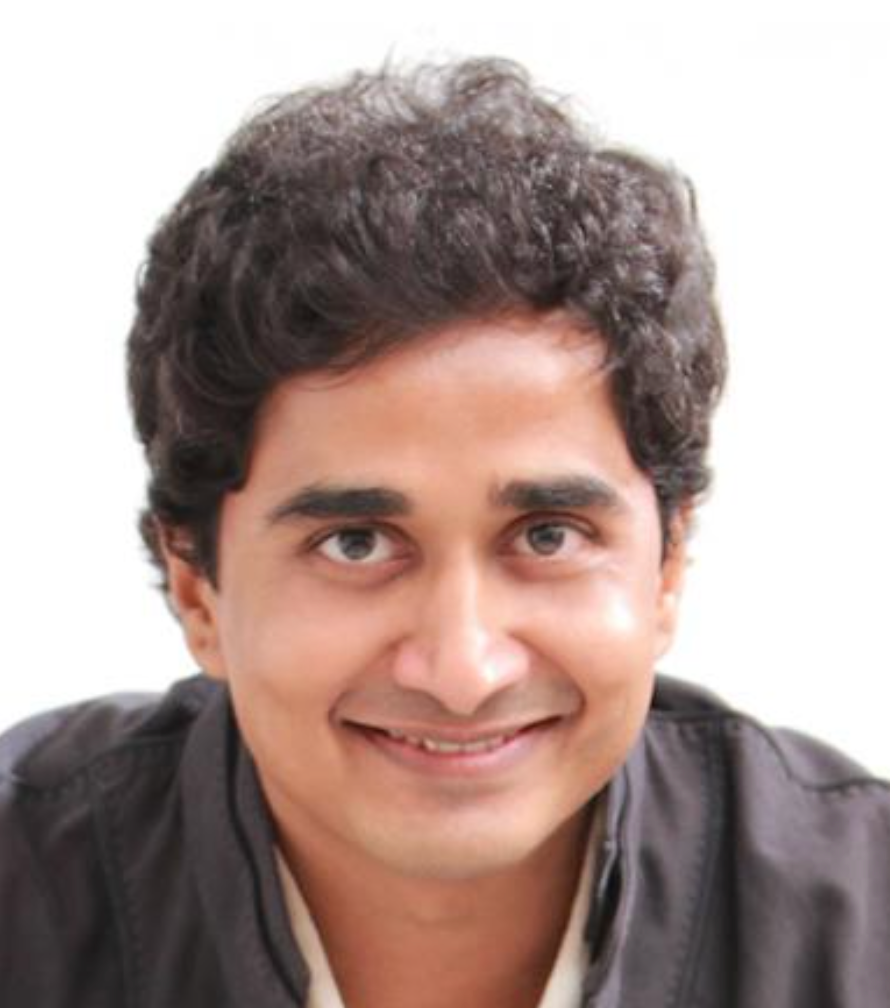
Barbara Curry
Simon Herbert visits with Barbara Curry, a UCLA Professional Programs and MFA screenwriting alum, whose writing credits include The Boy Next Door, She-Hulk: Attorney at Law, Bosch: Legacy, Anything for Love and Interrogation. Barbara was as an Assistant U.S. Attorney in downtown Los Angeles for nearly a decade, working in the Major Violent Crimes Unit on federal cases that included murder-for-hire, prison murder, racketeering, arson, kidnapping, and bank robbery–that is, until Hollywood literally came calling.
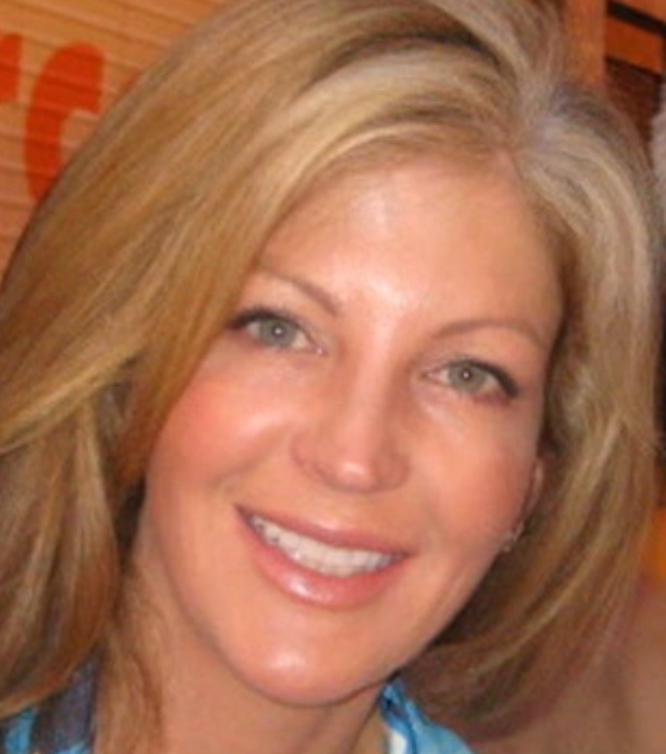
Sacha Gervasi
Sacha Gervasi discusses the rerelease of Anvil! The Story of Anvil, his brilliant and timeless heavy metal documentary about the cost of refusing to give up on your dream. Sacha has built his career on the belief that if there’s something true in your heart, a story that you must tell, then you just can’t fail. Anvil! The Story of Anvil, which rereleases on 215 screens next week, is about the bravery and reality of being an artist. And it asks the question, What is success? Is success about money? Is success about external things? Or is success about being true to your passion and following it no matter what? In part 2 of our discussion with Sacha, we take a deeper look into his career.
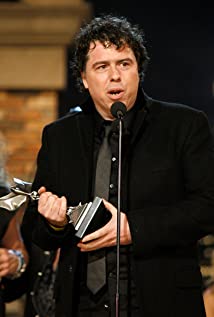
Ed Solomon
Join Professional Programs instructors Chris Kyle and Simon Herbert as they pick the brain of Ed Solomon, writer of all of the Bill and Ted movies, the Now You See Me franchise, HBO’s Mosaic series, Levity, Men in Black and many more. Learn what Ed believes a screenwriter’s role is on set, why every movie has its own structure, why he took his name off X-Men, and — after having a major motion picture released in each of the last five decades — his plans for the future.
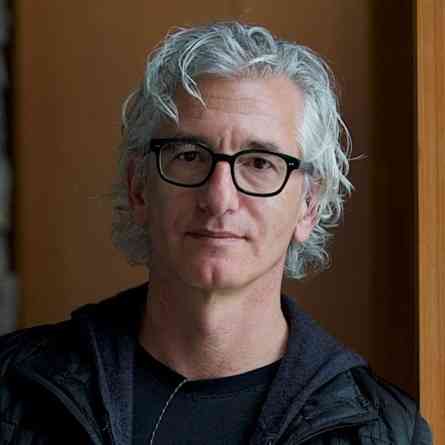
Billy Ray
Simon Herbert and Chris Kyle Zoom with writer/producer/director and UCLA alum Billy Ray, whose credits include Richard Jewell, Terminator: Dark Fate, Gemini Man, Overlord, The Last Tycoon, Secret in Their Eyes, Captain Phillips, The Hunger Games and The Comey Rule.
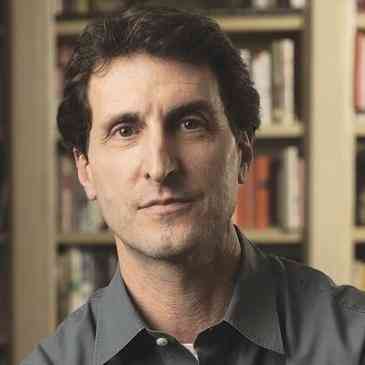
Billy Ray Part 2
UCLA Professional Program in Screenwriting instructors, Chris Kyle and Simon Herbert, talk to screenwriter/director Billy Ray for a second podcast about what it took to create “The Comey Rule”.
How did Billy Ray convince real-life Comey that he was the chronicler to tell his story; even as the country descends into polarized hysteria on the next roundabout? Billy answers this and more.
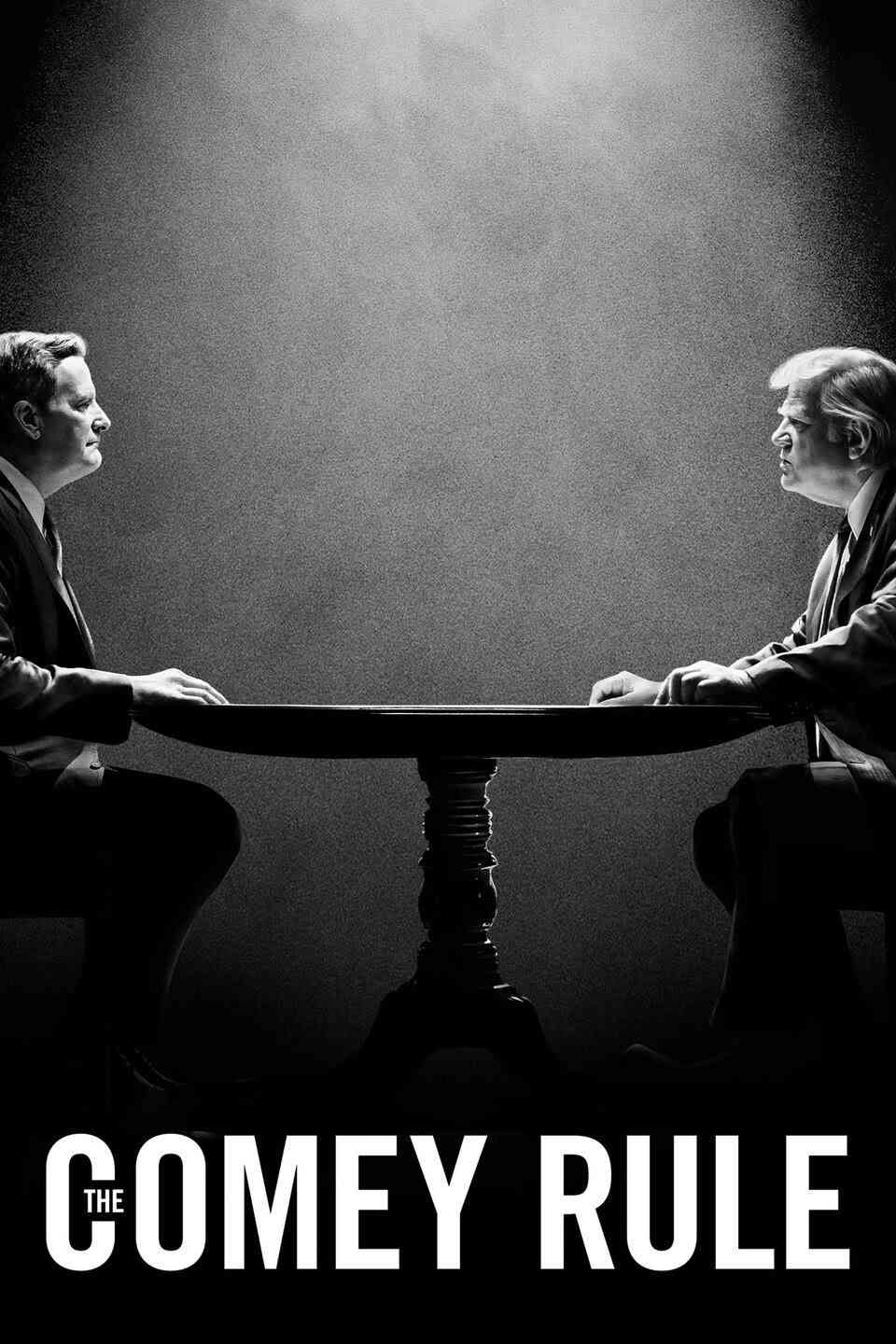
Liz Tigelaar
Simon Herbert and Chris Kyle visit with showrunner Liz Tigelaar, whose credits include Little Fires Everywhere, The Morning Show, Causal, The Astronauts Wives Club, Bates, Motel, Nashville, Revenge, Once Upon a Time, Melrose Place and Brothers and Sisters.
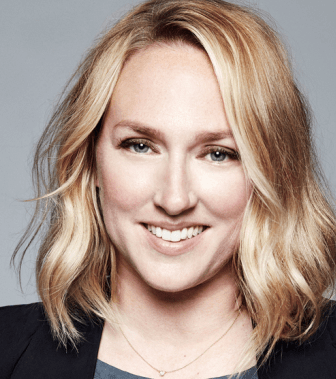
Felicia D. Henderson
Simon Herbert and Chris Kyle sit down with television showrunner and director Felicia D. Henderson, whose credits include Empire, Soul Food, The Punisher, Gossip Girl, Fringe, The Quad, Family Matters, Everybody Hates Chris, Sister Sister, Moesha, The Fresh Prince of Bel-Air and more.
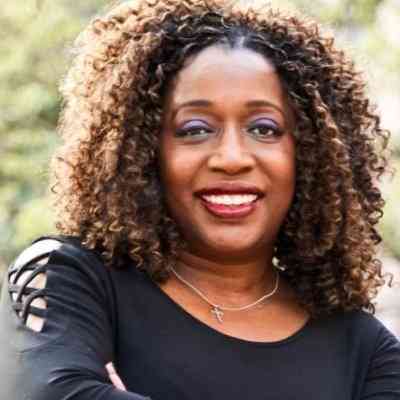
Steven Canals
Simon Herbert and Chris Kyle visit with Pose co-creator Steven Canals, who shares his story and how he wrote the pilot of the acclaimed TV series while a student at UCLA. (46 mins.)
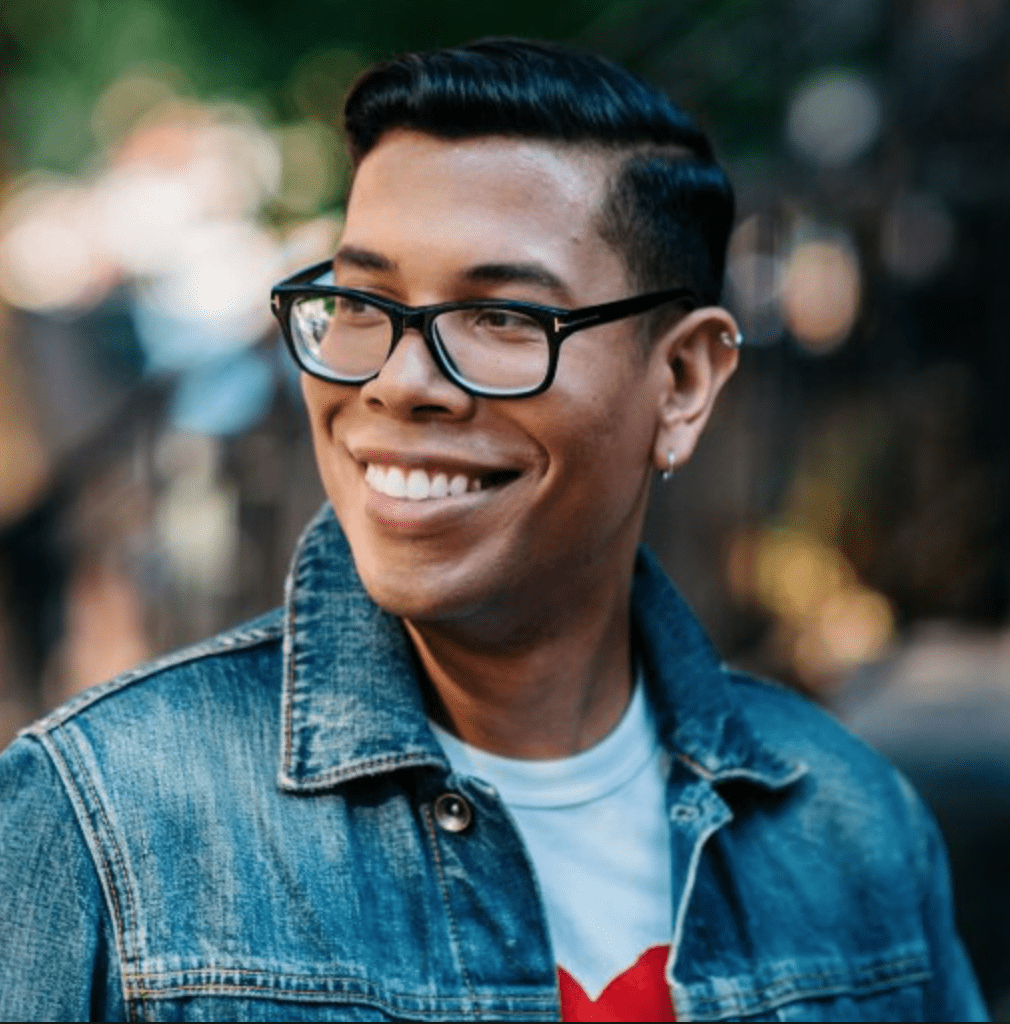
Susan Hurwitz Arneson
Simon Herbert and Chris Kyle sit down with television writer and producer Susan Hurwitz Arneson to discuss her journey from film school to writing for South Park, The Tick, Preacher and more. (36 mins.)
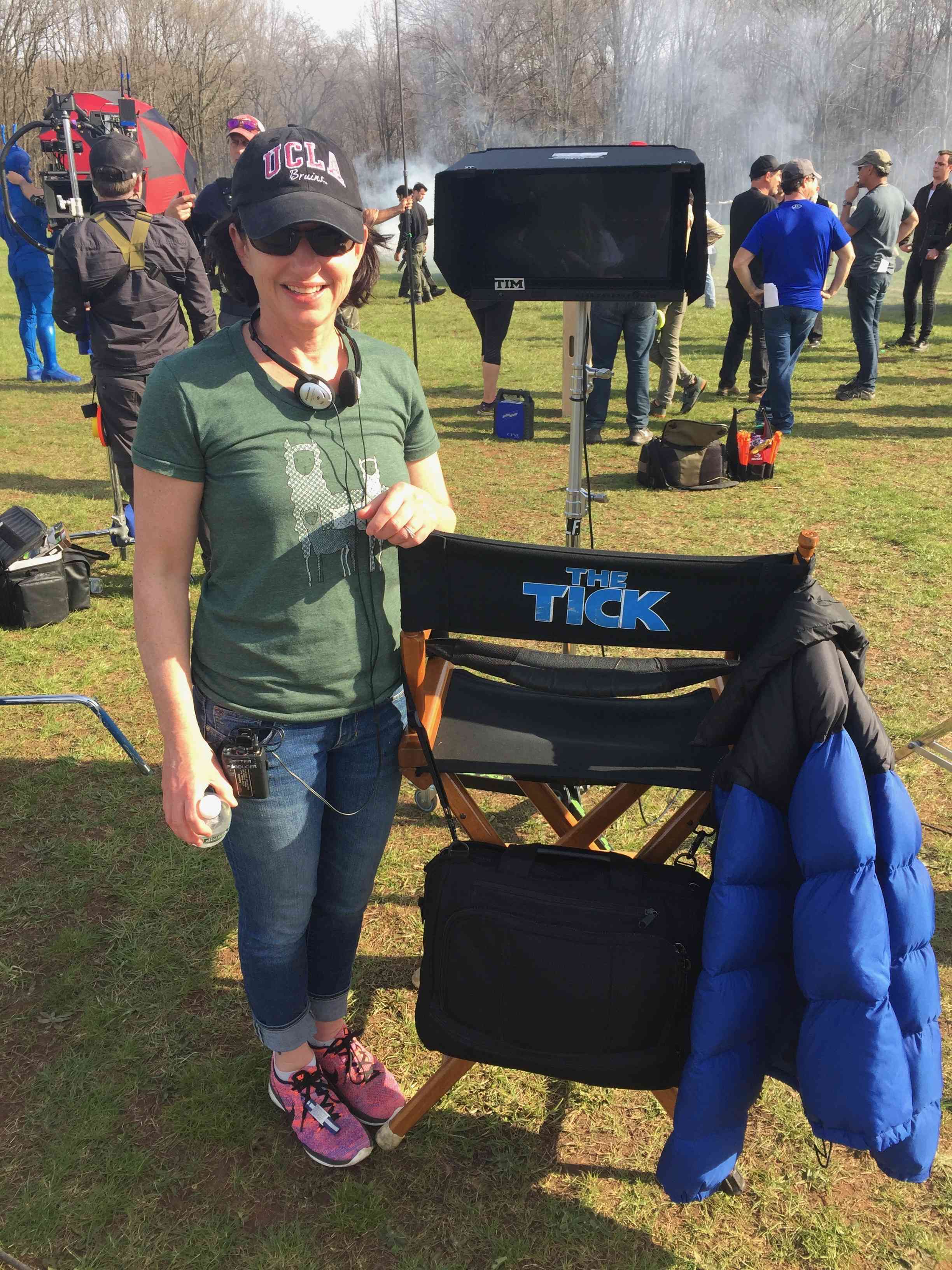
Additional Podcasts We Have Sponsored Are Below
Sophia Makhloufi – Screenwriting
Having dedicated the last 15 years to the due diligence industry, enrolling in UCLA’s screenwriting program was a transformative leap of faith. Completing my first screenplay filled me with confidence and a sense of achievement, but it was my second screenplay—a masterfully structured and character-driven piece—that revealed the true gift I had given myself. UCLA became the birthplace of my unique screenwriting voice. In just a few months, I gained a wealth of knowledge and skills that reached beyond the craft itself, offering invaluable self-discovery. Collaborating with inspiring mentors and fellow writers was an extraordinary privilege, fueling my gratitude for the experiences and personal growth I encountered throughout this educational journey.
Maria K. Lewis – Acting for the Camera
From the very first week, I had a strong sense that I was embarking on a program which would not only pivot my acting skills, but would positively transform who I am. I discovered that I have a great power within to push past my fears, to become vulnerable, and to trust God and myself on a deeper level. My appreciation goes out to the organizers of this program, and in a truly special way, my heart is full of gratitude to all our teachers! They each brought their unique approach to acting, which collectively, has given me a wealth of knowledge to excel. Lastly, I thank God for the wonderful actors in this program. We were truly blessed to have bonded in such a loving and respectful way! This program reinforced my love of Acting. What an honor to bring the beauty of humanity to life!
Taraneh Niakan- Screenwriting
I was more challenged in this program than I ever was in my filmmaking undergrad. To my disbelief, I successfully completed two feature-length scripts and developed writing habits that will stick with me throughout my career. I learned more in this class’s lecture series and weekly workshops than I ever did on my own. The workshops were small and the instructors and lecturers gave tailored and focused screenwriting advice. I love that UCLA Professional Program gave me a chance to take this class, and I would highly recommend it to anyone who is interested in a fun, practical, and skill-advancing course.
Q&A – Instructor Tom Nunan – Producing
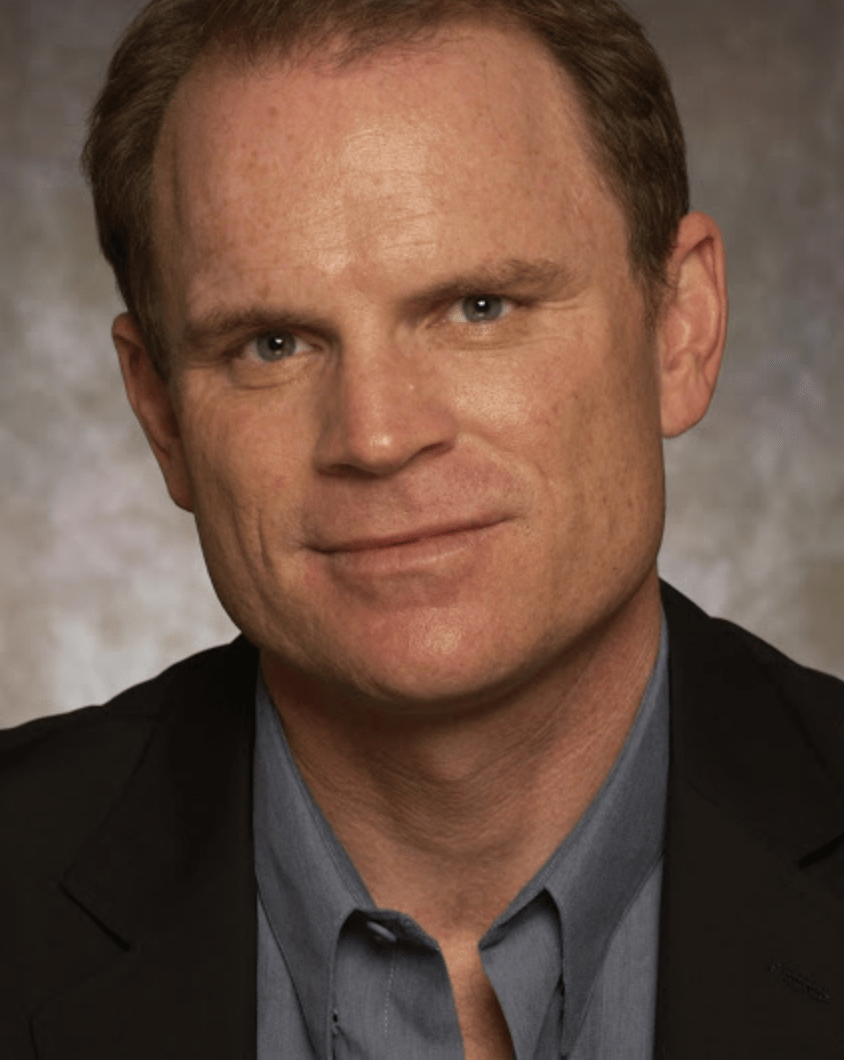 Tom Nunan has had a long, successful career, and continues to remain a vibrant, plugged-in creative force in the industry. Tom is well-known as a producer of the Academy Award-winning Best Picture Crash, as a former President of television network UPN and President of NBC Studios, and as a current founder and partner of Bull’s Eye Entertainment where he has generated a film and television slate of more than 50 projects.
Tom Nunan has had a long, successful career, and continues to remain a vibrant, plugged-in creative force in the industry. Tom is well-known as a producer of the Academy Award-winning Best Picture Crash, as a former President of television network UPN and President of NBC Studios, and as a current founder and partner of Bull’s Eye Entertainment where he has generated a film and television slate of more than 50 projects.
We asked Tom the following questions:
Tom, what advice do you have for new producers looking to break into the film, television and digital media industry?
SPECIALIZE AND HAVE STRONG ROLE MODELS. I’ve got two pieces of advice for emerging producers looking to make their marks in features, TV and digital.
#1 – – SPECIALIZE. Get known for doing one thing really, really, really well. Becoming an expert and the “go to” person in any given genre will give you the freedom to work in other genres or other formats in the future, because you’ve built up a reputation for being EXCELLENT at something, and people can trust you to deliver. JASON BLUM became the most excellent new producing genius in horror and now he’s moved into Oscar and Emmy-nominated documentary films and scripted dramas, well outside the realm of his original expertise. MATTHEW WEINER was a well known multi-camera comedy writer who wanted to expand his portfolio into drama. Having earned everyone’s trust in one genre – – COMEDY – – he moved smoothly into drama, first joining the staff of THE SOPRANOS, then overseeing his masterpiece, MAD MEN.
#2. IDENTIFY THREE ROLE MODELS, and try duplicating their careers. People often complain that the ladder is invisible in Hollywood, especially when starting out. One way to make that ladder visible is to chart the careers of those who’ve come before you. Their successes, their career stories – – can act as the blueprint for your career. By the way, you’ll usually find that your heroes SPECIALIZED in something first, became known as excellent in that one space, then they went on to do whatever else they wanted.
What do you think are the most important aspects to consider when choosing a project to produce?
When I’m choosing a project to produce, I ask myself the following three questions:
a. Am I willing to dedicate real time, over the next two years minimum, on this project?
b. Can I truly add value to this idea?
c. By working on this project, am I furthering my broader career goals?
I need to answer an unconditional YES to all three of these questions, to consider taking a new project on board.
What rookie mistakes can make a project fail?
There are many rookie mistakes one can make as an emerging producer, but here are a few that are particularly worth noting:
a. BE BUTTONED UP ABOUT YOUR BUSINESS. Always create an agreement – – whether it’s a shopping agreement or an option – – with the rights holder of any project you’re pursuing, before you put any real time into a producing collaboration. I’ve seen far too many times producers get aced out of a project they’ve spent years on, after realizing they didn’t have an enforceable agreement where they’re attached as producers. Along the same lines, always make sure that the rights are actually available for a project you’re pursuing. Even with all my experience, I’ve learned the hard way not to ever do anything “in good faith” or based on “a handshake agreement.”
b. DO YOUR DILIGENCE. While it’s important to always pursue what you’re passionate about, it’s important not to be operating completely in the dark. Try and remain as informed as possible about the playing field – – what’s in development and production around town, let alone what’s been out recently theatrically and on TV. It’s amazing to me when I’ll hear a new producer pitch a show or movie, and I’ll say, “Are you aware that there was a movie called BRIDESMAIDS out just a few years ago?” Or, “Yes, that idea is great, but there’s already a show called C.S.I. on the air.” As obvious as this may sound, it’s amazing how new producers often seem to be living in a cave when it comes to their projects. Staying informed about the business is key – – it saves a lot of time and heartache and along the way of remaining informed, it’s powerful to see the diverse range of projects that are underway.
c. DON’T COMPROMISE. If you’re seeking to have a long career in Hollywood, you’ll come to know that your reputation is everything. Always tell the truth, be on time and hire the best people possible. These decisions all add up to the SUM OF YOUR CHARACTER. If you show compromise in anything – – your own integrity, your work ethic or your overall taste – – it’s very difficult to change that perception.
We all know the industry is constantly changing. Where do you think it is currently heading?
In film, it’s pretty clear that studio-funded movies are going down the exclusive path of huge-budgeted event experiences, with multiple chapters. In other words, mega-franchise movies. There will always be smaller, independently funded movies, but these will go more the way of limited releases and then longer lives via cable and streaming. Character-driven content is becoming more and more the rule in “TV” (network, cable and streaming) versus motion pictures. On a broad basis, we’ll see more consolidation between the major players, and mid-sized companies like SONY, LIONSGATE and possibly even PARAMOUNT, may get acquired or folded into larger, more robust vertically-integrated companies. Network TV – – ABC, CBS, FOX, NBC and THE CW – – will move away from “day and date” scripted series, and rely more and more on live events, sports, musicals and other televised spectacles that justify the business of networks. Over time, I predict these networks will likely die off in favor of OTT services.
In what way will the Professional Program in Producing prepare students for a career in film, television and digital media?
What makes this program so spectacular is the cavalcade of experts Brian and his team book in the intense period of time the “student” attends the program. I can’t think of any other program at any school here or abroad, that packs in so much, in such a brief period of time. On top of that, Brian enlists the best teachers available at UCLA’s venerable Theater, Film and TV school to curate each specific lecture, so the student not only is hearing from excellent, seasoned professionals, but often the “A-list” of the professors who in and of themselves, are legendary in Hollywood and true masters at bringing the wide array of opportunities to life in an informal, appealing and rewarding environment. The Professionals Program listens to its students and does its best to remain flexible and attentive to their needs, while booking the best experts and professors possible. It’s an interactive, “client-friendly” program that is exceptional by any standard.
Q&A – Instructor Judith Moreland – Acting for the Camera
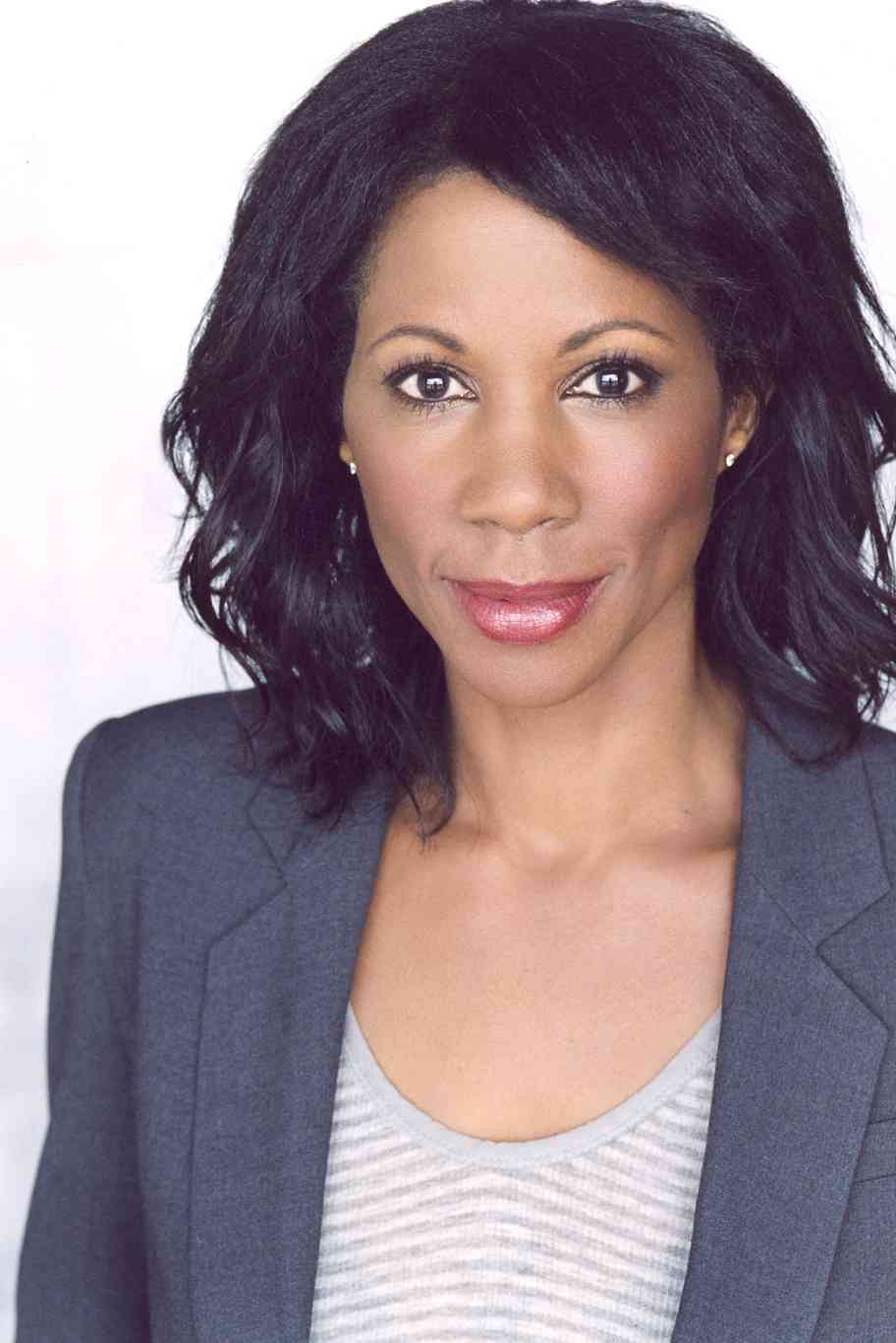
Judith, as one of the creators of the life-changing Acting for the Camera program, what do you believe makes it stand out from the rest?
I think there are a few things that make this program stand out:
The quality of our teachers. All are working professionals, so we are able to share our current, real-life experiences with our students. We know what works and doesn’t work because we’re out there working ourselves.
The career development class. We bring professionals in to help our students with the business side of show business and offer them ways to create and market their own content so they won’t have to wait for someone else to hire them–they can hire themselves.
The opportunity to network with the other professional program students. The producers and screenwriters they meet at UCLA today are the people they will be collaborating with in the future.
Q&A – Alumni Rocco Pucillo – Screenwriting
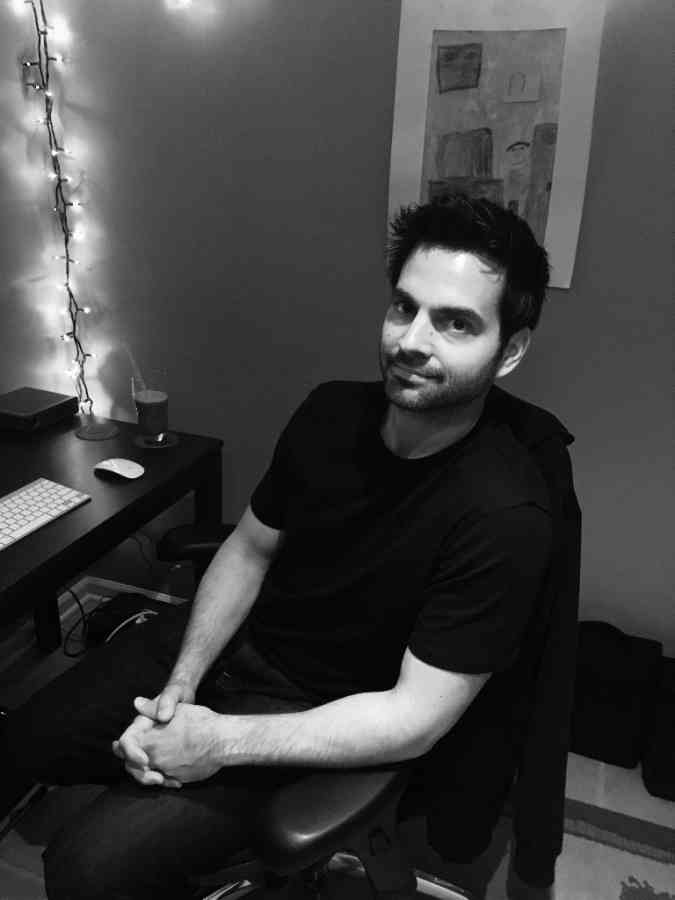 Rocco Pucillo has been incredibly busy since finishing the Professional Program in Screenwriting at UCLA. We caught up with him for some advice for our current students.
Rocco Pucillo has been incredibly busy since finishing the Professional Program in Screenwriting at UCLA. We caught up with him for some advice for our current students.
What’s the most valuable thing you learned at UCLA?
Pitching is important. I sold two original feature projects from pitches, so learning how to properly pitch is essential. A lot of writers are afraid to pitch, but it’s a huge part of the business — so take the class when it’s offered! UCLA also taught me how to listen to notes. On every studio project, people have notes. Execs, producers, directors, actors — everyone. It’s extremely collaborative. And I think the UCLA writing workshop prepares you for this. Many of the notes sessions I’ve had are basically a bunch of people sitting in a room, critiquing a document you gave them — not much different than a UCLA workshop (except for the money involved, of course). You have to be open to changes and listen to feedback. Like I said, this business is extremely collaborative. Now I understand why the workshops are structured the way they are. It’s good experience.
What’s your writing process?
It changes depending on the project. Writing features or TV for a studio is different than writing a spec on your own. But I have a few constants. When I get a story idea, I create a file folder (both digital and physical versions). Then I go about my life. When scenes or characters pop into my head, I jot them down and drop them in the folder. I also build a music playlist — scores and songs that match the mood of the story. I know a playlist works when it helps me fill in the blanks. At a certain point, when I have enough notes and a fitting soundtrack, I start writing. Then the characters take over. Not all notes, songs or characters survive this process. Some get discarded — or, if they’re lucky, sent away to another folder for a different story.
What projects are you working on now?
A few weeks ago, I finished a draft of a feature for Warner Bros. Now I’m writing a freelance episode for a Netflix TV series. I recently secured the rights to a book, so I’m cooking up a feature pitch for it. And then I’m developing a new spec script. You learn real fast to spin multiple plates, because odds are most plates end up smashed on the floor.
What is your advice to current struggling writers?
That’s a tough one. Because the struggle never ends. I’m still learning the business, too, so I’m no expert. But knowing what I know now, it’s a little more than “follow your dream.” So let’s say… Follow your dream, but treat it like a job. Work hard, be professional, build a good reputation, read a lot, and write a lot. And never stop learning. You can always improve. Unfortunately, there’s no path to guaranteed success. A lot of it is WHAT you’re willing to sacrifice, and HOW LONG you’re willing to sacrifice it. Some people have responsibilities that take them away from writing. They might have a sick loved one, or maybe they have kids. And if you have financial responsibilities, are you willing to walk away from a good job and live broke so you can finish that script, with no guarantee it’ll get you anywhere? It’s not easy to follow your dream. It’s always a balancing act. Somehow, I kept at it, but I’m a little nuts.
Bryan Days – Writing for Television
This program at UCLA has provided invaluable writing experience. Instructors have meticulously guided my work, and by program end, I’ll have a robust portfolio of samples that I strongly believe will jumpstart my career. I couldn’t have done it without my cohorts either. We’ve all helped each other with jokes, structure, and ultimately became friends in the process. As a writer of color, this experience has positioned me with a competitive edge in this current era of peak TV.
Christina Kelly Holmes – Screenwriting
Between the practical knowledge I received during lectures and the hands-on experience I gained in my workshop, I came out of the program not only as a more polished screenwriter but as a better storyteller in general. The Professional Program helped to strengthen my writing skills overall and hone in on my specific talents as a writer for the screen.
Serena Boschi – Screenwriting
Coming from a micro-state, the Republic of San Marino, Europe, it was thrilling for me to be part of such a huge and prestigious institution like UCLA. One of my best memories is walking across campus to go to class. I truly enjoyed my time at UCLA, and tried to live the campus life as much as I could. I think that my program was extremely valid and comprehensive, and left me with knowledge, curiosity, and valuable material for my future career.
Professional
Programs
Taught by top industry experts and leaders working in the entertainment industry. Learn more about the Professional Programs at the UCLA School of Theater, Film and Television.

